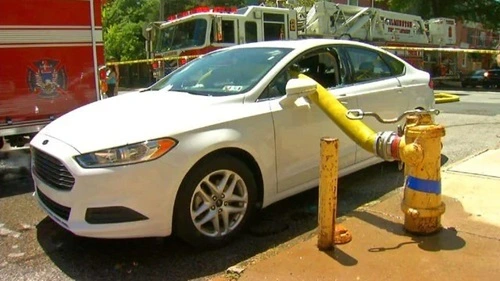No, it is not illegal to have cameras in classrooms in Texas. In fact, Texas law specifically allows and, in some cases, mandates the use of cameras in classrooms, particularly in self-contained special education settings. However, their installation and use are subject to strict legal requirements to protect the privacy and rights of students and staff.
Legal Framework for Cameras in Texas Classrooms
In Texas, the use of cameras in classrooms is governed by the Texas Education Code Section 29.022. This legislation outlines the conditions under which cameras can and must be installed, focusing on ensuring the safety and well-being of students, especially those in special education programs.
1. Mandatory Cameras in Special Education Settings
Under Texas law, public schools are required to install cameras in self-contained special education classrooms or other settings if requested by a parent, teacher, staff member, or school administrator. These requests are designed to protect students who may be vulnerable to abuse or neglect and unable to communicate such issues effectively.
2. Purpose of the Law
The primary goal of this legislation is to:
- Protect the rights and safety of students with disabilities.
- Document incidents in the classroom to resolve disputes or investigate allegations of misconduct.
- Foster transparency and accountability in educational settings.
3. Notification and Consent Requirements
Schools must notify parents and staff when cameras are installed and explain their intended use. The law prohibits the use of classroom cameras for general surveillance or teacher evaluations unless directly related to an investigation of abuse or neglect.
4. Storage and Access to Recordings
Video recordings must be securely stored and are only accessible to authorized personnel, such as school administrators or law enforcement, when investigating complaints of abuse or neglect. Unauthorized access or misuse of recordings is prohibited.
5. Audio Recording
Cameras installed in Texas classrooms are typically equipped with audio recording capabilities. However, recordings must adhere to strict privacy and legal guidelines.
Benefits of Classroom Cameras in Texas
1. Student Safety
Cameras provide an additional layer of protection for students, particularly those with disabilities, who may be more vulnerable to mistreatment.
2. Transparency and Accountability
Video recordings can help document classroom interactions, providing clarity in cases of disputes or allegations.
3. Deterrence of Misconduct
The presence of cameras can act as a deterrent against potential abuse or neglect by staff or students.
Challenges and Concerns
1. Privacy Issues
The use of cameras in classrooms raises concerns about the privacy of both students and teachers. Balancing transparency with privacy is a key challenge.
2. Cost and Implementation
Installing and maintaining camera systems can be expensive, particularly for smaller or underfunded school districts.
3. Potential Misuse
There is a risk that recordings could be improperly accessed, used, or shared, leading to privacy violations.
4. Limited Scope
Cameras are not required in general education classrooms, which some argue could lead to unequal protections across different student populations.
Related FAQs
Q1. Are cameras allowed in all Texas classrooms?
Ans: No, cameras are not required or universally allowed in all classrooms. They are mandated primarily in self-contained special education classrooms when requested.
Q2. Can cameras be used to monitor teacher performance?
Ans: No, Texas law prohibits the use of cameras for evaluating teacher performance unless related to an investigation of alleged abuse or neglect.
Q3. Do schools need parental consent to install cameras?
Ans: Schools must notify parents and staff of camera installations, but explicit consent is not required for mandatory installations in special education settings.
Q4. Who can access classroom camera recordings?
Ans: Only authorized personnel, such as school administrators or law enforcement, can access recordings. Access is typically limited to investigations of specific incidents.
Q5. What are the penalties for misusing classroom recordings in Texas?
Ans: Misusing recordings, such as unauthorized access or sharing, can result in legal consequences, including fines and disciplinary actions.
Q6. Are cameras in classrooms required in private schools in Texas?
Ans: The law applies to public schools, not private institutions. Private schools may establish their own policies on camera use.
Conclusion
Cameras in classrooms are not only legal in Texas but also required in specific educational settings to protect vulnerable students. While their use provides benefits like increased transparency and safety, it also demands careful management to address privacy concerns and ensure compliance with legal requirements. Schools, parents, and educators must work collaboratively to implement these systems effectively.

